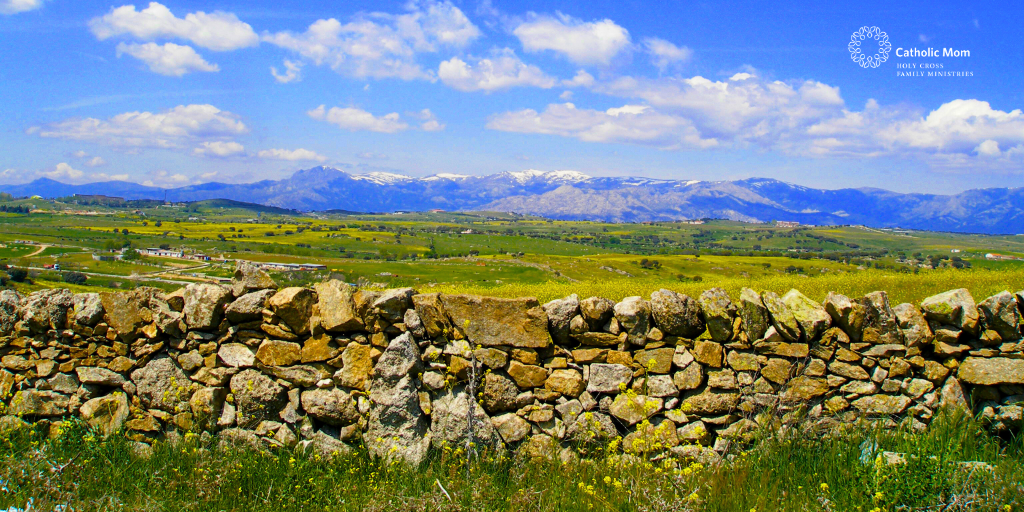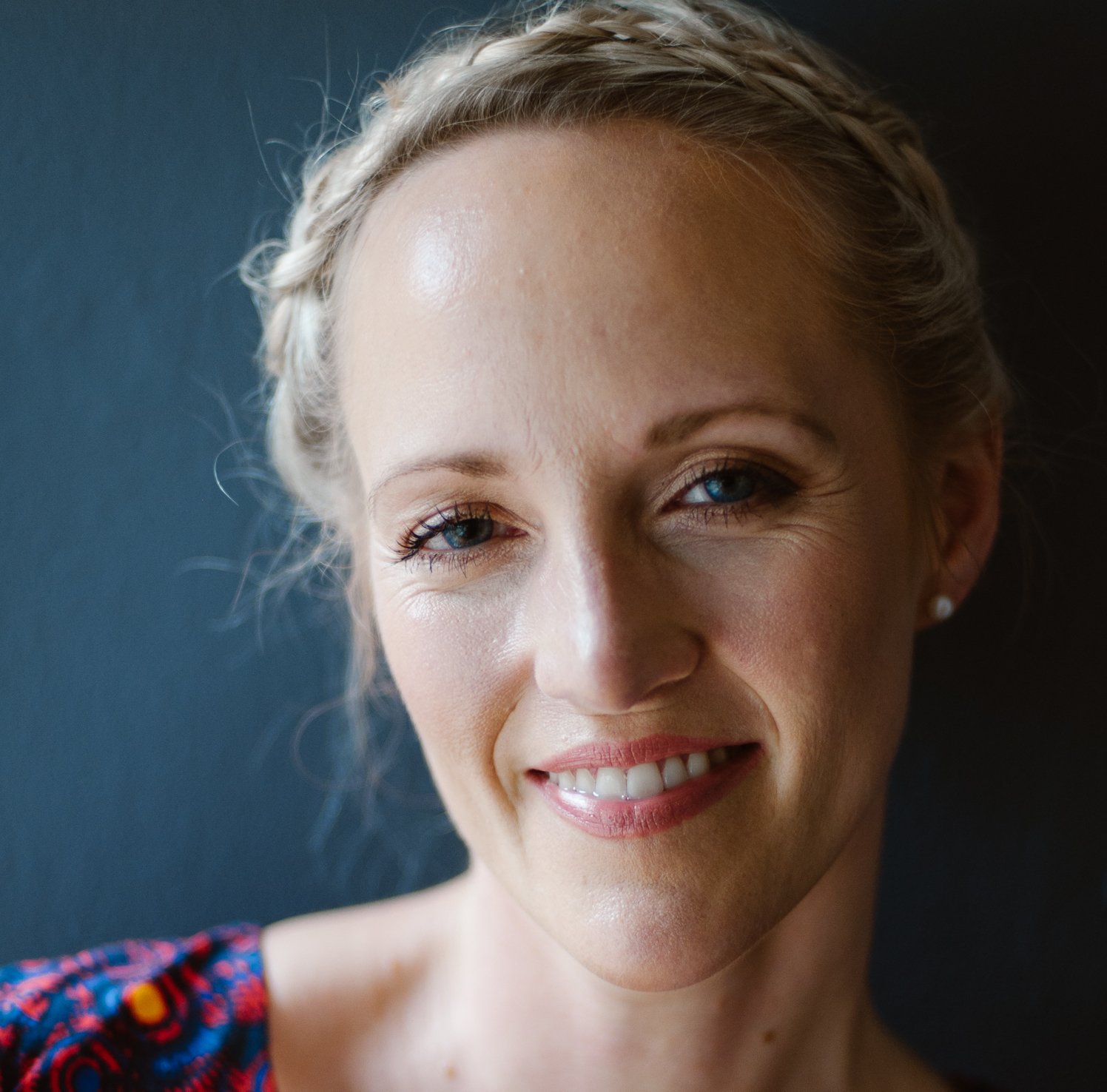
Johanna Stamps discusses an openness to love as a necessary part of grief recovery, even when there are hidden pitfalls along the way.
My dear friend, Vivian, shared a life changing podcast with me recently with guest Christopher Rhoden. Just weeks after the recording, Chris died of brain cancer.
His insights in this show revealed something to me that has needed to come loose for a while. Maybe it’s something that is being illuminated in your life as well.
I’ve often been content with this idea that hate is the exact opposite of love.
Done. No need for more inquiry, right?
Wrong!
What was revealed to me during the episode is that so many things can stand in the way of us being able to love fully — and openly. These things stand in stark contrast to love.
Love is one of those incredible theological virtues that is not finite. We can love every minute of every day of the rest of our lives and still not come to the end.
What Makes Your Love Finite?
A number of things can keep your love finite:
Is it fear?
Is it unforgiveness?
Is it bitterness?
Is it something else?

Love, Even After Loss and Trauma
Loss, grief, and even trauma keep us from being able to love fully and openly.
These experiences — these memories — have often cut deeply into the heart of trust and leave us in a place of self-protection.
In the podcast, Chris gives an example of what he witnessed with people experiencing loss of health with cancer and those who are facing the potential loss of loved ones. He noticed the mentality of control — of making cancer the enemy to defeat.
In my own life, as a survivor of childhood sexual trauma, when I recently saw hints of potential trauma in my son’s life, I quickly jumped into control mode. No more room for love for those involved, even my own son. I was busy creating new parameters for safety. Surely, I can save him from all harm.
In that moment, I had to learn an important lesson: We can still love those we don’t trust.
Let me repeat that: We can still love those we don’t trust.
Love does not mean that we put aside wisdom or action. What it means is that we lead with love. We make space to love others, even in the midst of hurt. We hear their heart and keep an openness to potential healing.
We don’t show love when we’re fearful of being out of control. This keeps the action of love as being firmly transactional: we give a little; we accept a little. This is neat and tidy.
When I’m in that wicked cycle of waiting for someone to do something that deems them to be untrustworthy because of past losses, I sit, wait, observe, and react by placing another wall between me and the other person.
In times of grief and loss, we’re waiting for the other shoe to drop. We’re hypersensitive survivors, taking all outcomes on our own shoulders. Choosing love instead of control can mean an escape from this debilitating cycle.

One of the reasons we stop growing when we are grieving is because of these walls that are built. To look at that wall — and understand what it is — means the potential for more love and more growth.
Share your thoughts with the Catholic Mom community! You'll find the comment box below the author's bio and list of recommended articles.
Copyright 2025 Johanna Stamps
Images: Canva
About the Author

Johanna Stamps
Johanna Stamps is a grief coach, writer, and artist focused on bringing hope and healing to women experiencing a major loss. Sign up to receive her weekly Reflections & Inspirations. After becoming a first-time mother at 39, Johanna has embraced a household with three generations. The best part of Johanna’s day is singing worship music loudly in the car with her preschooler while running errands.


.png?width=1806&height=731&name=CatholicMom_hcfm_logo1_pos_871c_2728c%20(002).png)
Comments